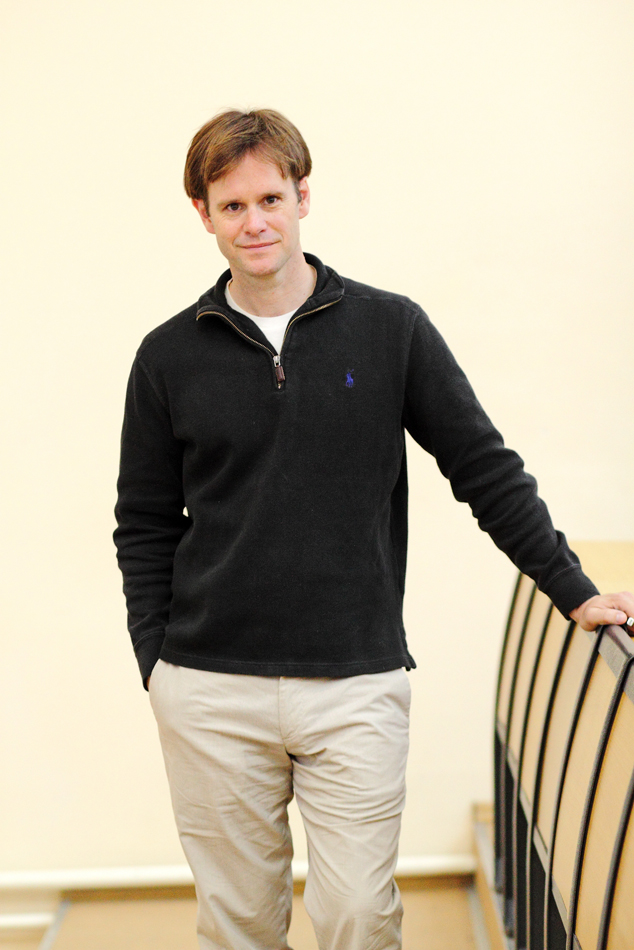- A
- A
- A
- ABC
- ABC
- ABC
- –ê
- –ê
- –ê
- –ê
- –ê
- HSE University
- Faculties
- Faculty of Social Sciences
- School of Psychology
- News
- Talk by Samuel McClure (Stanford University)
-
Education
-
The School
- About
-
Laboratories
-
- The Scientific-Educational Laboratory of Ability Psychology
- Center for Sociocultural Research
- International Laboratory of Positive Psychology of Personality and Motivation
- Laboratory for Cognitive Research
- Cognitive Psychophysiology Laboratory
- Vision Modelling Laboratory
- Laboratory for the Neurobiological Foundations of Cognitive Development
-
- Partners
- Staff Members
- International Cooperation
Phone: +7 (495) 772-95-90 *15366
Email: dekpsy@hse.ru
Address: 101000, Moscow, Armyanskiy per. 4, c2
Address for correspondence: 20 Myasnitskaya Ulitsa Moscow 101000 (School of Psychology)
In press
Popyvanova A., Pomelova E., Bredikhin D. et al.
IEEE, 2024.
Zaidi S. G., Orazmukhametova L., Zahra S. K. et al.
TPM - Testing, Psychometrics, Methodology in Applied Psychology. 2025. Vol. 32. No. S8. P. 2025-2035.
Tunkevichus O., Bagrationi K.
In bk.: The Proceedings of the 20th European Conference on Innovation and Entrepreneurship. Vol. 20. Iss. 1. Academic Conferences International Limited, 2025. P. 759-766.
Ivanova M., Germanova K., Petelin D. et al.
Biorxiv. 005140. Cold Spring Harbor Laboratory, 2024
The School promotes cutting-edge research, multidisciplinary studies, education in English. We are increasing the number of courses in English all the time and have started two English-speaking Master’s Programs. Our researchers have access to Eye trackers, TMS, multi-channel EEG, MEG and fMRI techniques.
The School also aims to train psychologists, who can apply their knowledge in the fields of economics, banking, human resources management, organizational development, ecopsychology and team-building.

Talk by Samuel McClure (Stanford University)
Professor Samuel McClure (Stanford University) presented his research on «Cognitive and Neural Processes in Delay Discounting».
Delay discounting, expressed in preferences between outcomes available at different points in time, relates to a number of important life outcomes ranging from academic and professional success to impulsivity and addiction. Moreover, delay discount rates are known to covary with a number of inter- and intra-individual factors. In this talk, Samuel presented work that has done to understand the cognitive and neural processes that give rise to delay discounting and hence the dimensions along which delay discount rates vary.
His findings identify distinct cognitive functions subsumed by mesolimbic reward structures (particularly the ventral striatum, vStr, and ventromedial prefrontal cortex, vmPFC) and the lateral prefrontal cortex (lPFC).¬ÝSamuel¬Ý reviewed some evidence that these systems independently contribute to variability in delay discount rates. However, the vmPFC/vStr and lPFC should not be considered truly independent. He concluded the talk with recent work identifying mechanisms by which the systems interact during the choice process. The nature of this interaction suggests a means by which lPFC may interact with value signals derived from vmPFC to implement a form of self-control.
- About
- About
- Key Figures & Facts
- Sustainability at HSE University
- Faculties & Departments
- International Partnerships
- Faculty & Staff
- HSE Buildings
- HSE University for Persons with Disabilities
- Public Enquiries
- Studies
- Admissions
- Programme Catalogue
- Undergraduate
- Graduate
- Exchange Programmes
- Summer Schools
- Semester in Moscow
- Business Internship
- © HSE University 1993–2025 Contacts Copyright Privacy Policy Site Map
- Edit


